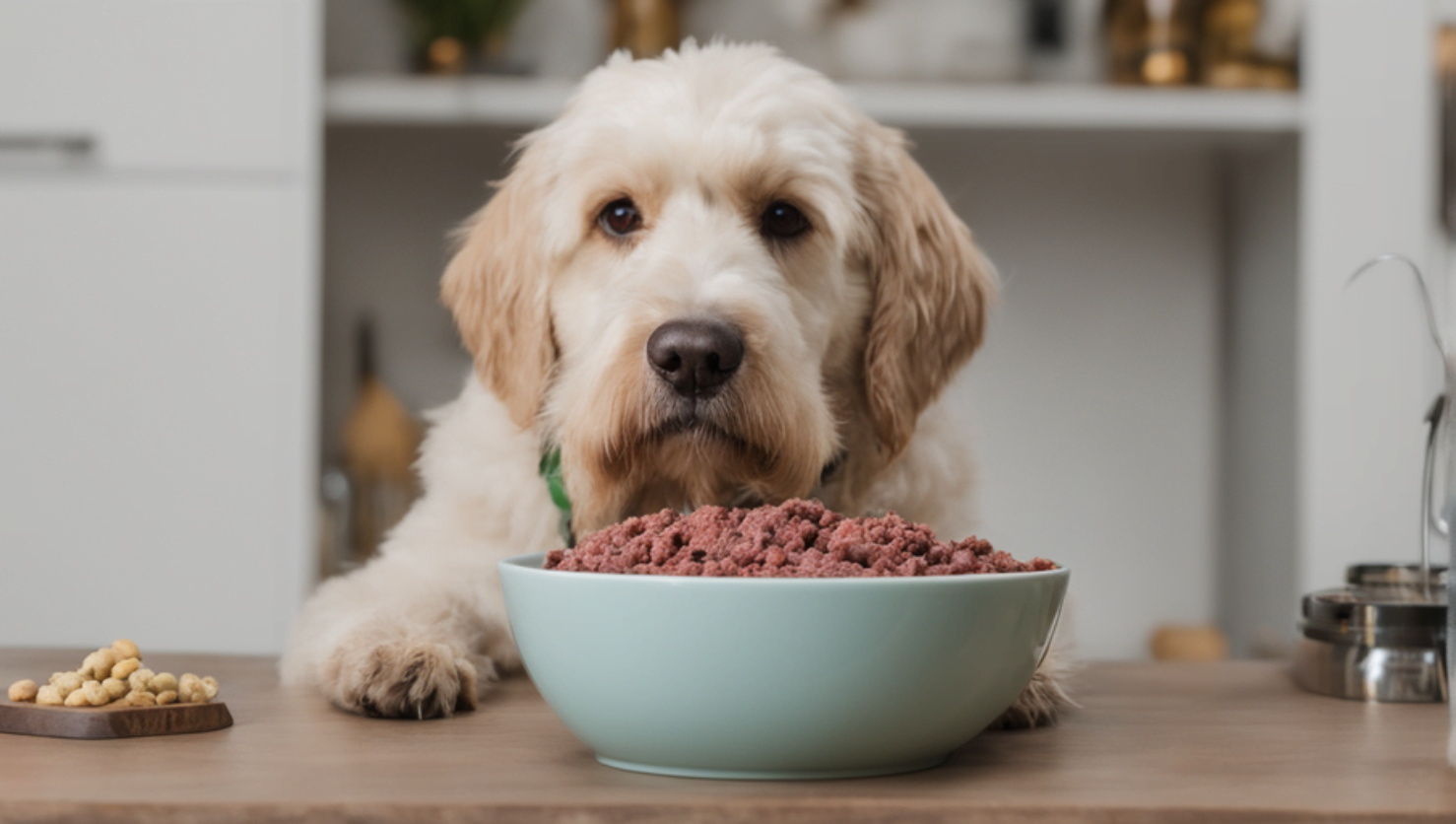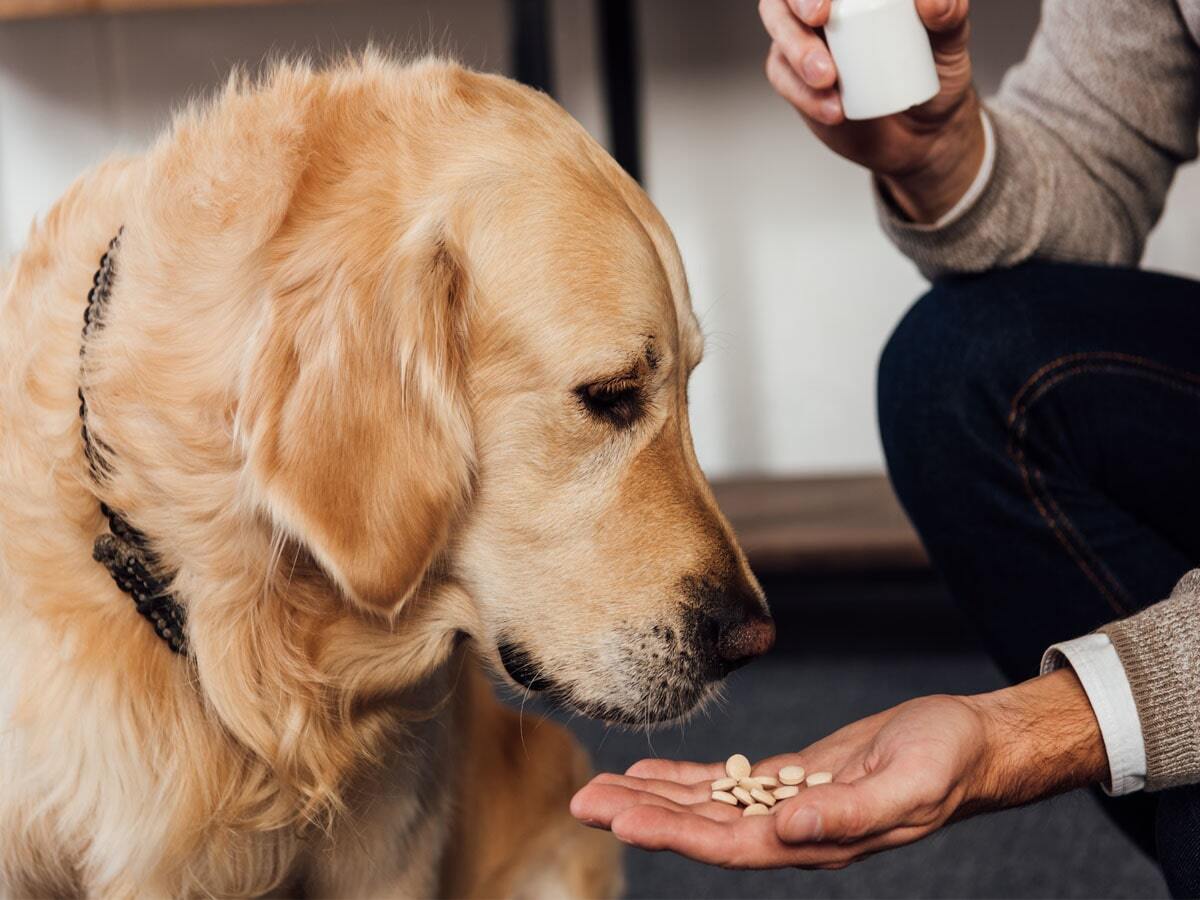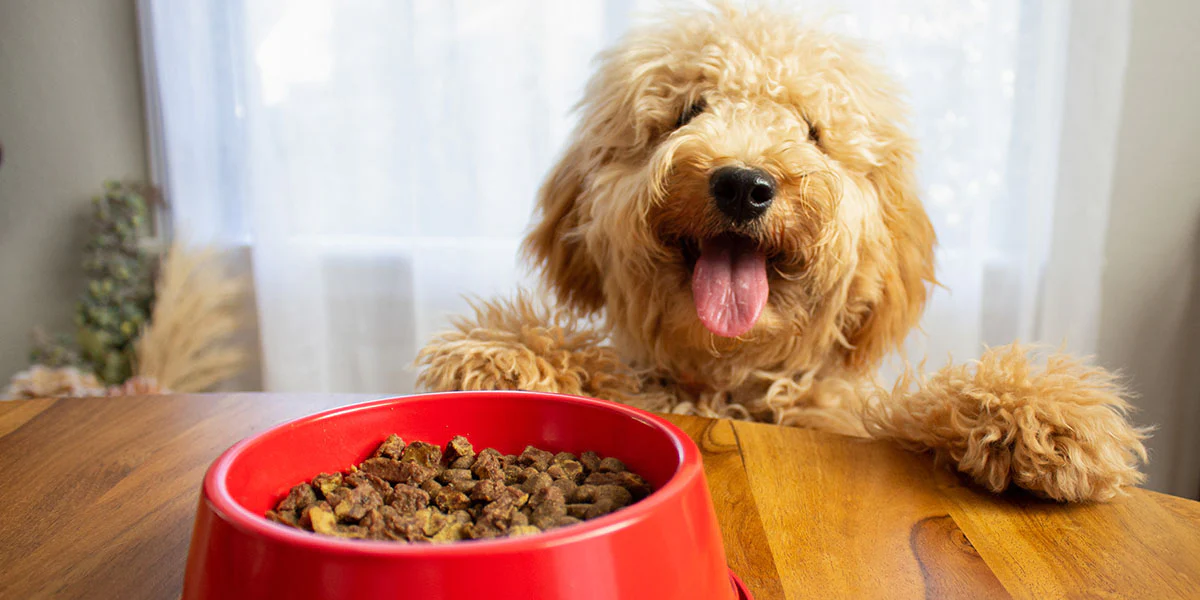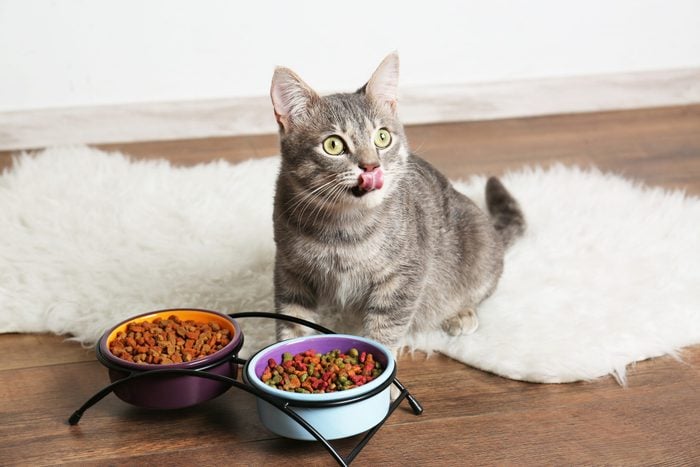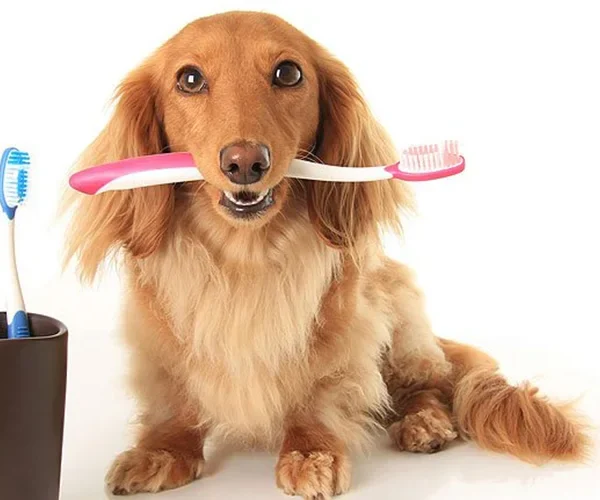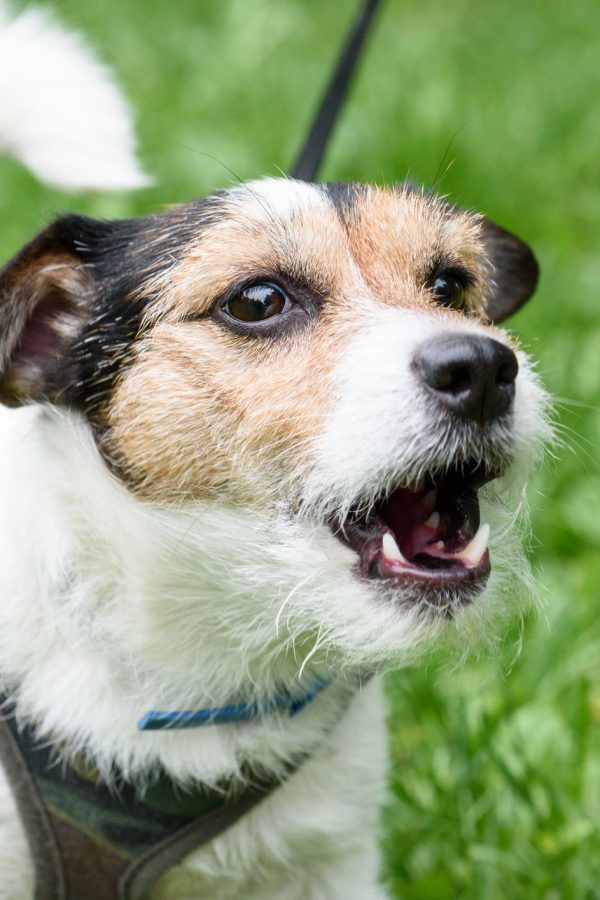Discover effective tips and strategies for managing weight in overweight pets, promoting healthy weight loss and overall well-being.
How to Manage Weight in Overweight Pets
Maintaining a healthy weight is crucial for the overall well-being and longevity of our pets. Just like humans, overweight pets are at a higher risk of developing various health issues, including diabetes, heart disease, and joint problems. If you have an overweight pet, it’s essential to take steps towards managing their weight and helping them achieve a healthier lifestyle. In this article, we will discuss some effective tips for managing weight in overweight pets.
Overweight pets are at risk for a number of health problems, including:

- Diabetes
- Heart disease
- High blood pressure
- Breathing problems
- Joint pain
- Skin problems
- Cancer
The good news is that obesity in pets is preventable and treatable. With the right diet and exercise, overweight pets can lose weight and improve their overall health.
Tips for Healthy Weight Loss
Here are some tips for managing weight in overweight pets:
- Talk to your veterinarian. Before starting any weight loss program for your pet, it’s important to consult with your veterinarian. They will assess your pet’s current health condition, determine their ideal weight, and provide guidance on the appropriate calorie intake and exercise plan. Your vet can also rule out any underlying medical conditions that may be contributing to your pet’s weight gain.
- Choose a Balanced Diet. Feeding your pet a balanced and nutritious diet is crucial for their weight loss journey. Opt for high-quality pet food that is specifically formulated for weight management. These diets are typically lower in calories and fat while still providing all the necessary nutrients. Avoid free-feeding and establish regular mealtimes to monitor your pet’s food intake more effectively.
- Measure Food Portions. Many pet owners unintentionally overfeed their pets by not measuring their food portions accurately. Follow your vet’s recommendations for the appropriate amount of food to feed your pet based on their size, breed, and activity level. Use a measuring cup to ensure you’re providing the correct portion size and avoid feeding your pet table scraps or excessive treats.
- Limit treats. Treats can be a major source of extra calories for overweight pets. Limit treats to no more than 10% of your pet’s daily calorie intake.
- Increase Exercise and Activity. Regular exercise is key to helping your pet shed those extra pounds. Engage in daily activities that get your pet moving, such as brisk walks, play sessions, or interactive toys. Gradually increase the duration and intensity of exercise to avoid overexertion. If your pet has joint problems or other health issues, consult with your vet to determine the appropriate exercise routine.
- Monitor Treats and Rewards. While treats and rewards are an important part of training and bonding with your pet, they can contribute to weight gain if not monitored. Choose low-calorie treats or consider using small portions of your pet’s regular food as rewards during training. Be mindful of the frequency and quantity of treats given, and consider using alternative rewards such as praise or playtime.
- Provide Mental Stimulation. Pets often turn to food for comfort or boredom. Providing mental stimulation can help alleviate this behavior and prevent overeating. Use puzzle toys or food-dispensing toys that require your pet to work for their food. This engages their mind and keeps them occupied, reducing the desire to eat out of boredom.
- Regular Weigh-Ins. Monitor your pet’s progress by regularly weighing them. This will help you track their weight loss and make adjustments to their diet and exercise plan if necessary. Keep a record of their weight and consult with your vet if you notice any significant changes or plateaus.
- Be patient and Consistent. Weight loss takes time, so be patient with your pet’s progress. Consistency is key in maintaining a healthy weight. Stick to the recommended feeding and exercise routine, and avoid giving in to begging or overfeeding. Celebrate small milestones along the way and remember that slow and steady weight loss is healthier and more sustainable.
Here are some additional tips for helping your pet lose weight:
- Make mealtimes more exciting. Use interactive feeders or puzzle toys to make mealtimes more fun for your pet. This will help them feel more satisfied and less likely to overeat.
- Make exercise fun. Find activities that your pet enjoys and that will help them get moving. Some good options include walking, playing fetch, and swimming.
- Set realistic goals. Don’t try to get your pet to lose too much weight too quickly. Aim for a safe and gradual weight loss of 1-2% of their body weight per week.
- Be consistent. The key to weight loss is consistency. Make sure to stick to the diet and exercise plan that you and your veterinarian have developed.
Conclusion
In conclusion, managing weight in overweight pets requires a combination of proper nutrition, regular exercise, portion control, and consistency. By consulting with your veterinarian, measuring food portions, choosing a balanced diet, increasing exercise and activity, monitoring treats, providing mental stimulation, regular weigh-ins, and being patient and consistent, you can help your pet achieve a healthy weight and improve their overall well-being. Remember, every pet is unique, so it’s important to tailor the weight loss plan to their specific needs and consult with your vet throughout the process.
With hard work and dedication, you can help your overweight pet lose weight and improve their overall health. So what are you waiting for? Start today!


